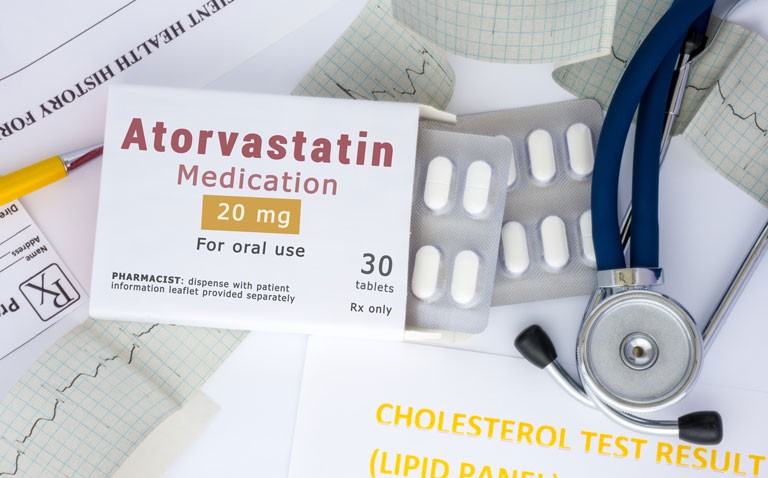Atorvastatin use among intensive care patients does not result in a significant reduction of adverse outcomes among patients with COVID-19.
Atorvastatin given to patients infected with COVID-19 and admitted to an intensive care unit (ICU) is not associated with a significant reduction in adverse outcomes according to research by a team from the Rajaie Cardiovascular Medical and Research Centre, Tehran, Iran.
Hydroxymethylglutaryl coenzyme A reductase inhibitors (or statins), are known to exert a direct antithrombotic effect in models of arterial and venous thrombosis via a mechanism unrelated to the cholesterol-lowering activity, as well as having anti-inflammatory properties .
Furthermore, a 2021 systematic review also identified additional identified additional pleiotropic effects including antiviral and immunomodulatory that might help treat COVID-19.
Given this potential beneficial role for statins, the Iranian team sought to examine the impact of atorvastatin on thromboembolic events or death, in patients with the COVID-19, admitted to ICU. Their study was part of the INSPIRATION trial which had two arms: one that explored the effect of prophylactic anticoagulation and the other focusing on the use of atorvastatin.
The team recruited adult patients (> 18 years of age) with a PCR confirmed COVID-19 infection, admitted to ICU and in whom there was no baseline therapeutic need for a statin. Enrolled patients were then randomised 1:1 to atorvastatin 20 mg daily or matching placebo and followed for 30 days after randomisation.
For patients requiring mechanical ventilation, the drug was delivered via a nasogastric or orogastric tube. The primary outcome of interest was a composite of venous or arterial thrombosis, treatment with extracorporeal membrane oxygenation or all-cause mortality within 30 days of randomisation.
Findings
A total of 587 patients with a median age of 57 years (44% female) were randomised to atorvastatin or placebo and treatment was used for a median of 21 days and slightly less, at 19 days for placebo. The median length of stay within ICU was 5 days in both groups.
After 30 days, the primary outcome had occurred in 95 (33%) of patients assigned to atorvastatin and 108 (36%) of those given placebo (odds ratio, OR = 0.84, 95% CI 0.58 – 1.21, p = 0.35).
The results for the primary outcome were largely driven by mortality, with 31% and 35% of deaths in the atorvastatin and placebo groups respectively although no patients required extracorporeal membrane oxygenation.
The use of imaging tests such as computed tomography pulmonary angiograms and doppler, revealed a similar level of venous thromboembolism diagnoses in the two groups (20% vs 20%, p = 0.64).
There was also no difference in the incidence of arterial thrombosis. In subgroup analysis, there were no sex-related differences, among patients older/younger than 65 years, smokers or in those with/without obesity or diabetes.
In trying to account for their findings, the authors speculated that atorvastatin may have had a small protective effect which was undetectable or that statins were only of benefit in the early stages of COVID-19 infection prior to the inflammatory response which led to irreversible damage.
Citation
INSPIRATION-S investigators. Atorvastatin versus placebo in patients with covid-19 in intensive care: randomized controlled trial. BMJ 2022.










